"My cat has diarrhea, should I be worried?" It depends on how long the episode of diarrhea lasts and the general condition of your little companion!
Sometimes it may simply be a food intolerance, or a sudden change in diet, but diarrhea is also one of the symptoms of certain diseases. For this reason, we advise you to closely monitor your little companion's health and not hesitate to consult your veterinarian.
What can be the causes of diarrhea in my cat?
You have noticed that your cat is frequently passing soft or liquid stools? Do they have a foul odor? These are indeed the characteristics of diarrhea.
The causes of diarrhea in cats are numerous, and it's important to monitor its progression. We refer to chronic diarrhea if it persists for more than three weeks.
The quality of the food
If you are feeding your cat poor-quality food, it's likely that the proteins in the food are not fully digested. When these proteins reach the large intestine, they begin to decompose and may cause gas or diarrhea. A diet that is too rich in ash (and thus in carcasses) can, on the other hand, lead to constipation.
Food intolerance
This is the case if your little companion drinks milk unusually and is unable to digest lactose. The lactose in milk can be difficult for adult cats to digest since they're not used to drinking it.
For some cats, digestion of starch is more difficult than for others, and it may ferment in the large intestine, causing gas and diarrhea.
A sudden change in diet
If a cat’s diet is changed suddenly, the components that reach the intestines differ, and their digestibility will also vary. Dietary changes should be made gradually, and always gently. This is why we recommend doing a dietary transition to avoid disturbing your little companion's digestion.
A sign of illness
Persistent diarrhea can be a sign of illness, especially if it’s associated with other symptoms. Diarrhea that lasts for several hours in kittens, or for several days in adult cats, should not be ignored. It’s urgent to take your little companion to the vet if diarrhea is accompanied by lethargy.
Several diseases can cause diarrhea: viral diseases (FIV, FeLV, panleukopenia), certain parasitic digestive diseases (giardia, coccidia, worms), endocrine diseases (hyperthyroidism), digestive system diseases (pancreas, liver, intestines), and food intolerances or allergies.
Antibiotic treatment
If your cat is prescribed antibiotics for an infection, diarrhea may occur as a result of the impact on their gut flora. In such cases, your veterinarian will likely recommend ultralevure capsules to stabilize the intestinal flora.

What to do if he has diarrhea?
As mentioned earlier, it's important to monitor the overall condition of your cat to act accordingly.
Pay particular attention to:
- His appetite. If your little companion has diarrhea, he is likely to stop eating. It’s important to consult your veterinarian quickly in such cases.
- The duration of the diarrhea episode.
- The appearance of other symptoms (vomiting, lethargy, etc.).
- A change in behavior: for example, if he stops playing or seems to be in pain somewhere.
- The color of the stools.
- The presence of blood in the stools.
If the diarrhea episode follows a change in food, you can either return to the previous food or add some yogurt or give him a special clay that will be prescribed by your veterinarian.
Giving probiotics to your cat
Probiotics for cats are also excellent for supporting your cat’s intestinal microbiome. These are non-pathogenic living microorganisms that, when consumed, provide a beneficial role for the cat by improving its gut flora and digestive system.
At Ziggy, we offer probiotics for our cats and kittens. Formulated by our veterinary nutritionist specializing in clinical nutrition, Dr. Géraldine Blanchard, Ziggy Care probiotics contain Enterococcus Faecium NCIMB 10663 (4b1707) at proven levels to promote good health and microbial balance in the intestines of cats while strengthening their natural immune defenses. The best to preserve the health of our felines.
In general, to prevent diarrhea episodes, we recommend providing your cat with fresh water and changing it frequently. Also, make sure to offer them a healthy diet, rich in high-quality proteins, which you can serve in the form of at least 4 small meals per day.
For example, Ziggy cat food is highly digestible because it is made from muscle meat and noble offals, without mechanically separated meat (MSM), without animal flours, without carcasses (therefore low in minerals) – and it contains no grains (wheat, corn, rice, spelt…), no tubers like tapioca or cassava, and no legumes (lentils, peas, chickpeas…).
What to avoid
- Under no circumstances should you give human medications to your cat, as there is a real risk of poisoning and overdose. Your veterinarian is the only person qualified to diagnose and prescribe treatment for your cat.
- You should not remove access to their water bowl. Diarrhea causes significant dehydration, and your cat needs to stay hydrated.
- Changing their diet too often or too abruptly is also a bad idea, as the digestive flora of cats is quite sensitive.
- Don’t give them too much food in an attempt to compensate: overeating could make the diarrhea worse.
- Conversely, you should not stop feeding them. It’s better to divide their meals and offer them a highly digestible diet.


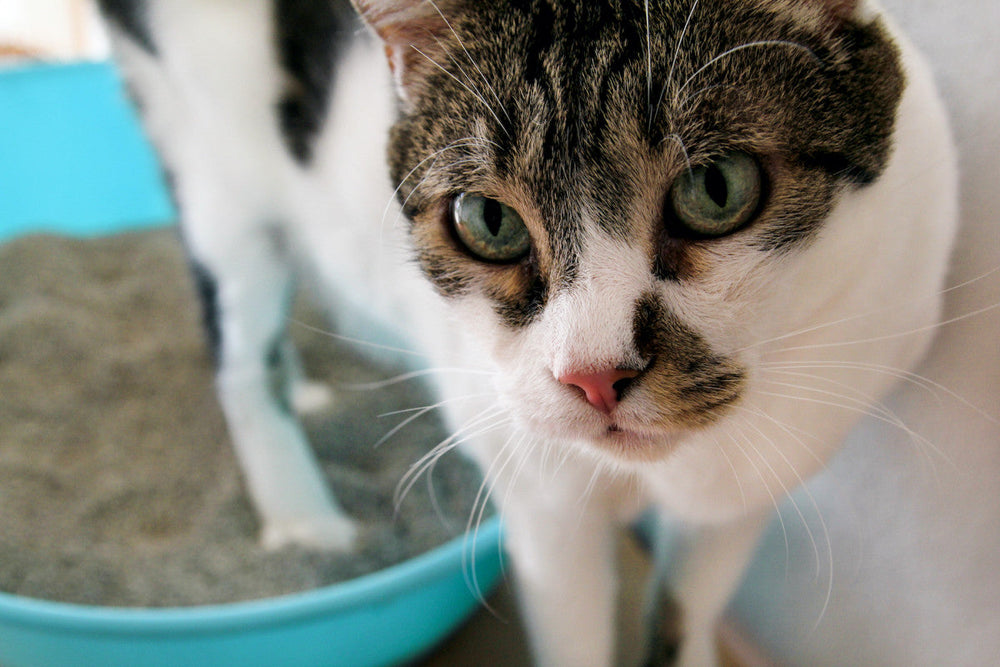
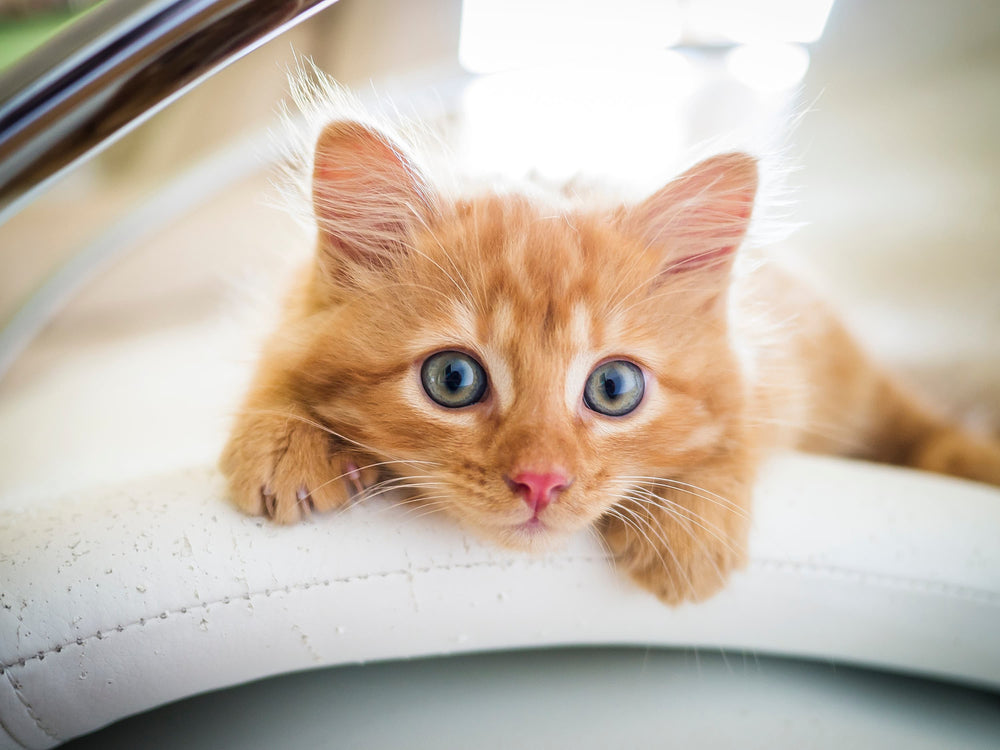
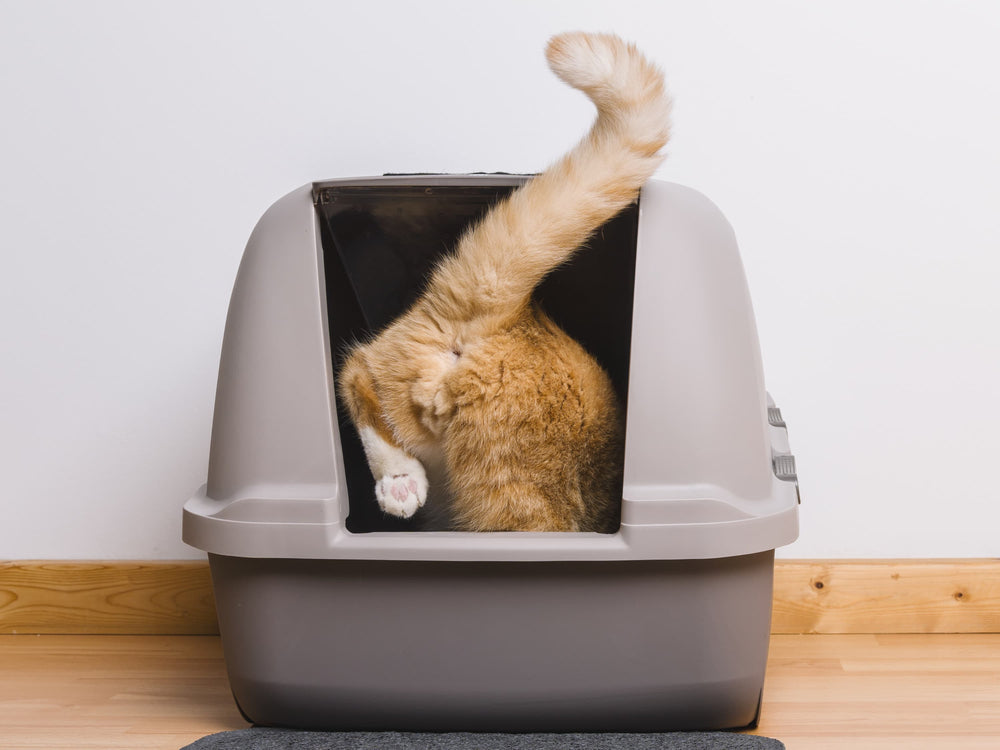
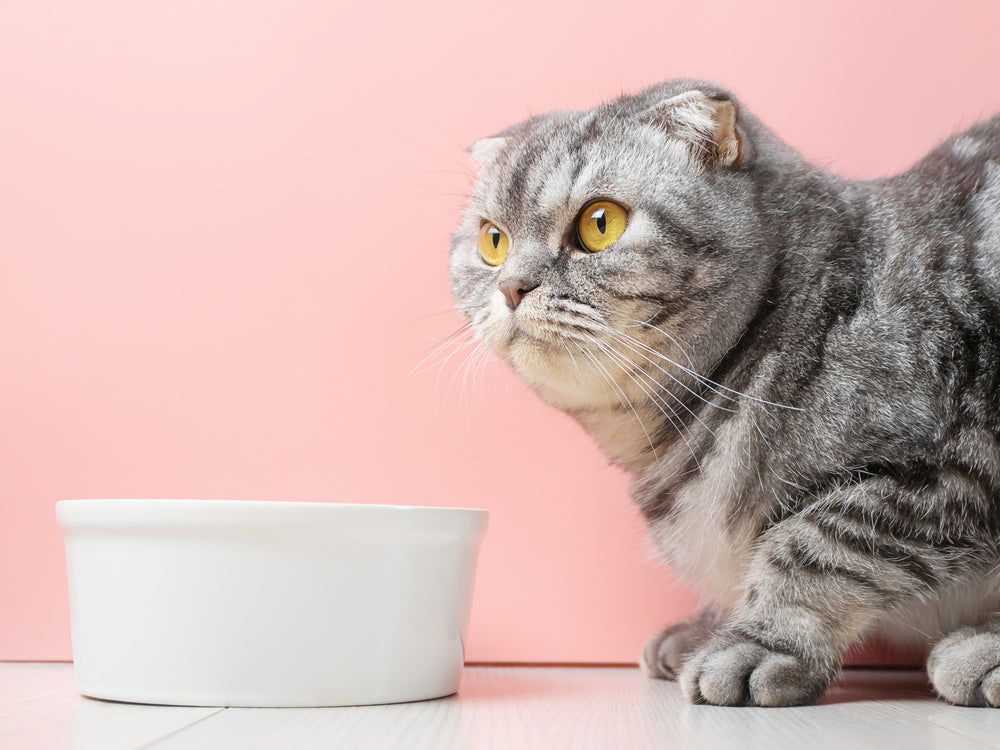
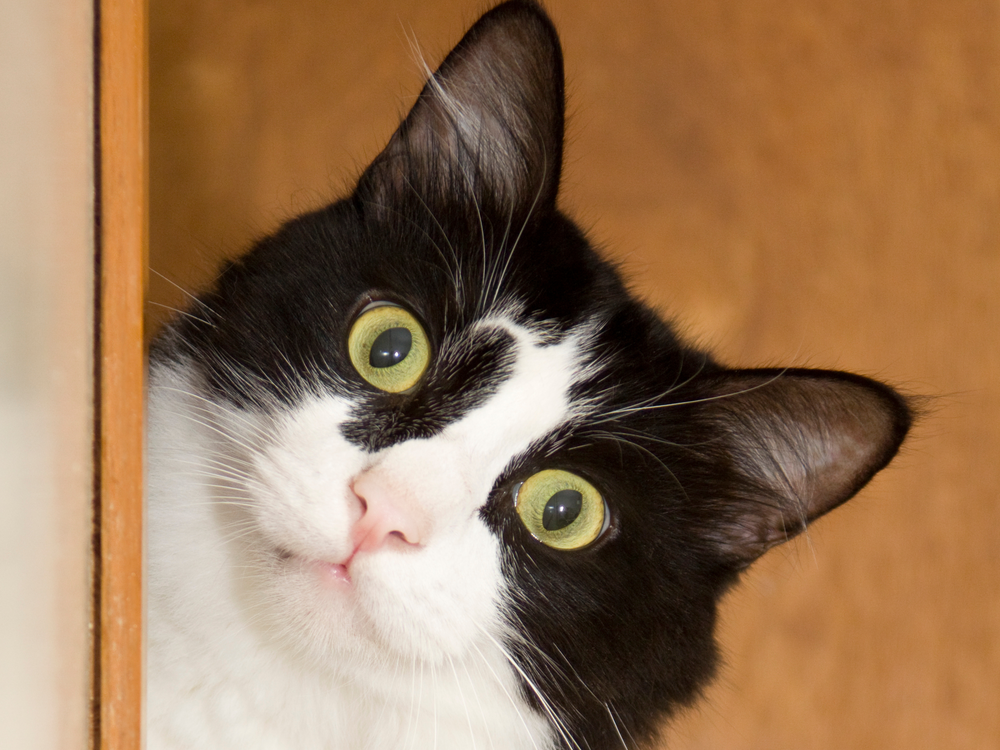
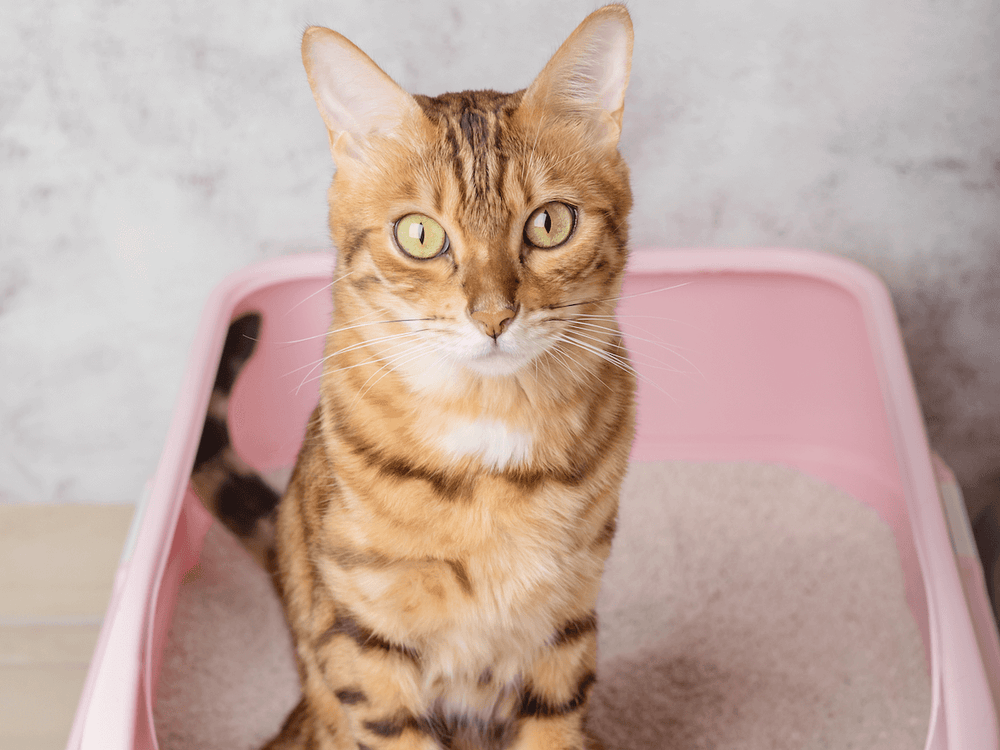
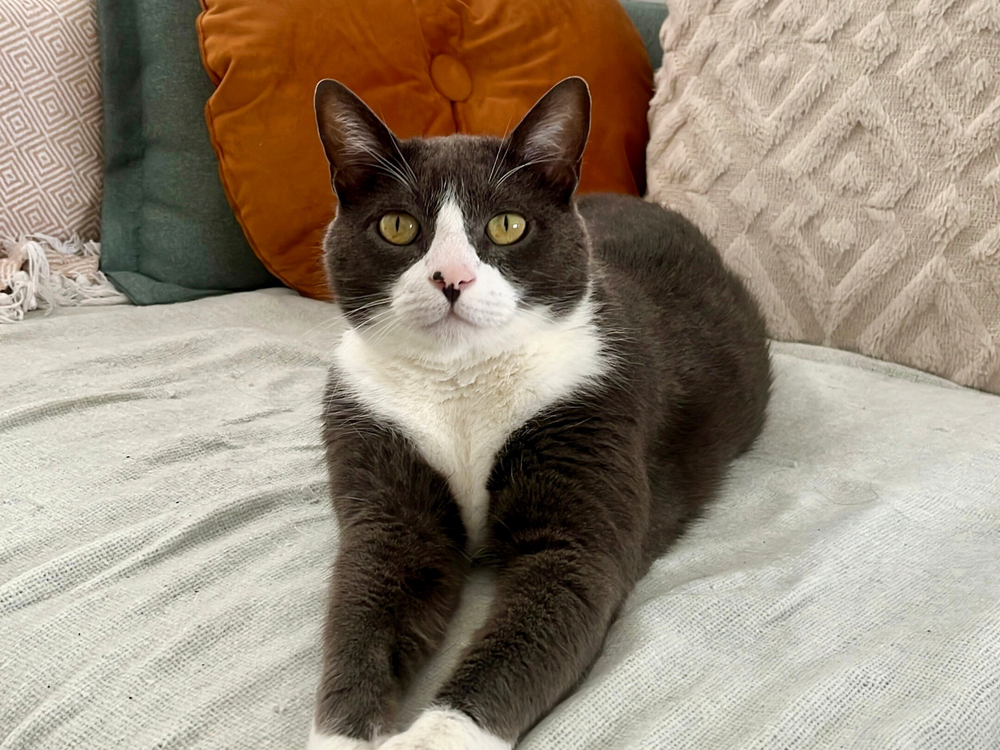
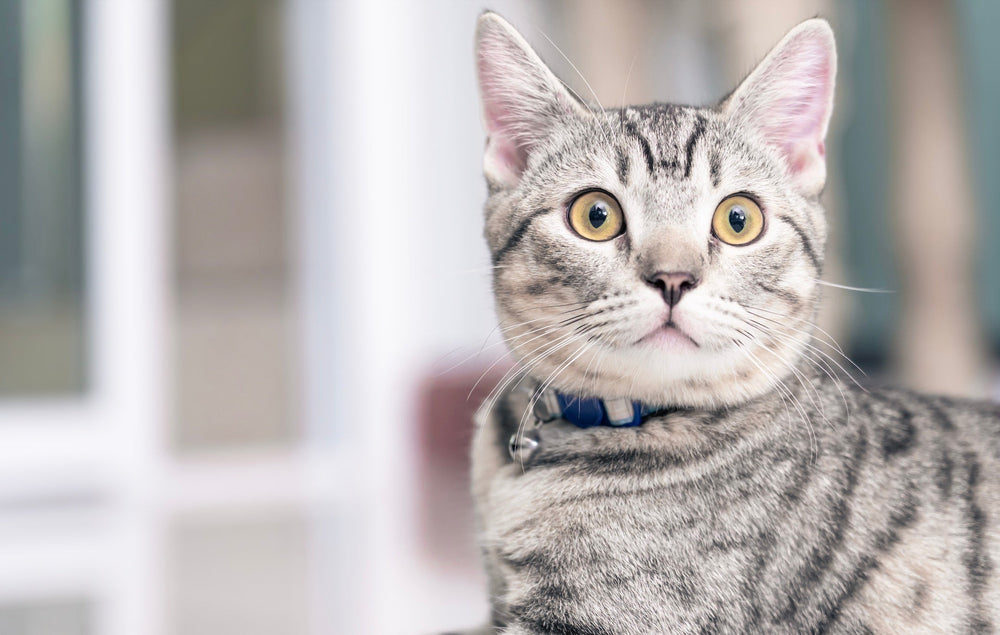
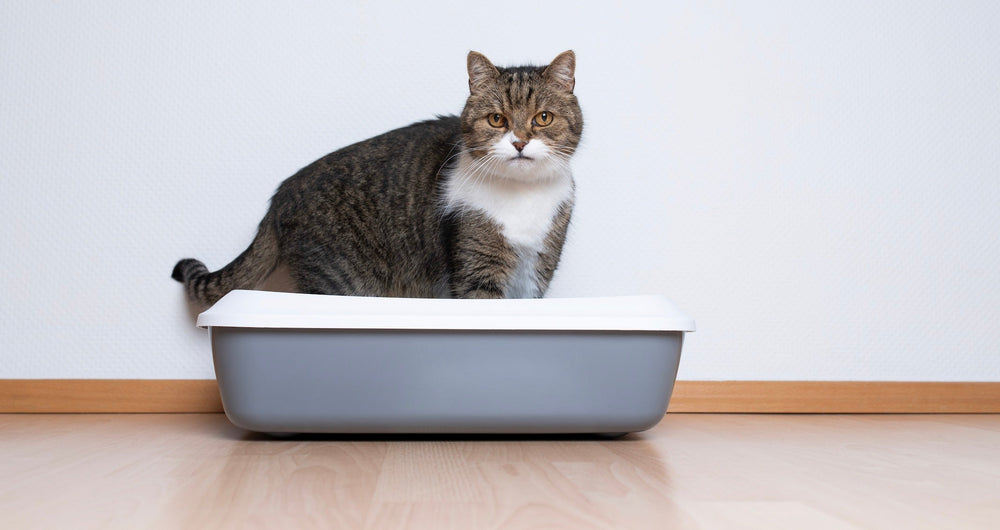
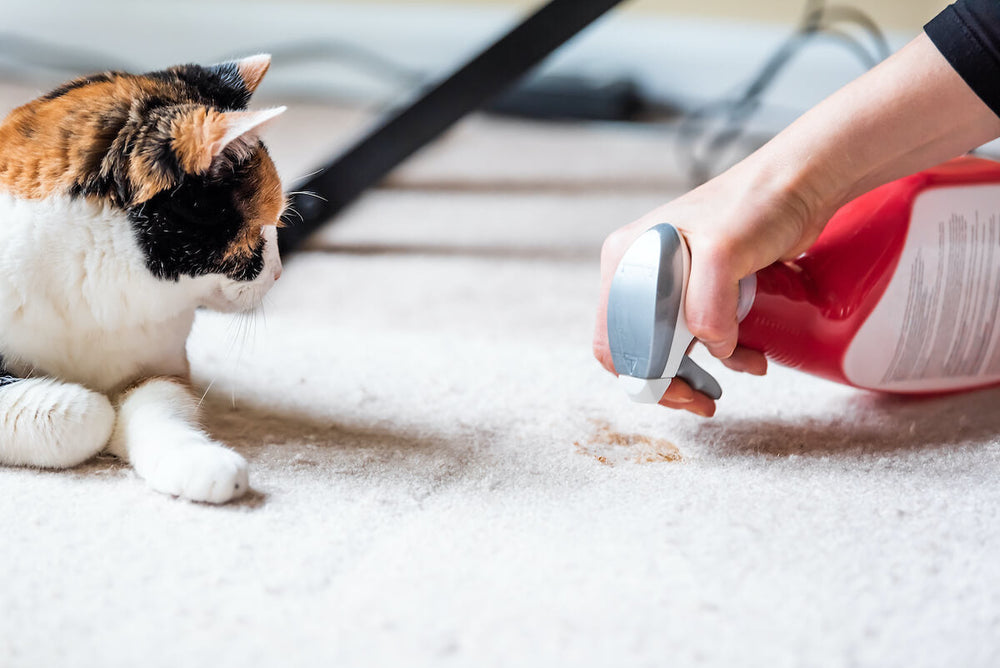



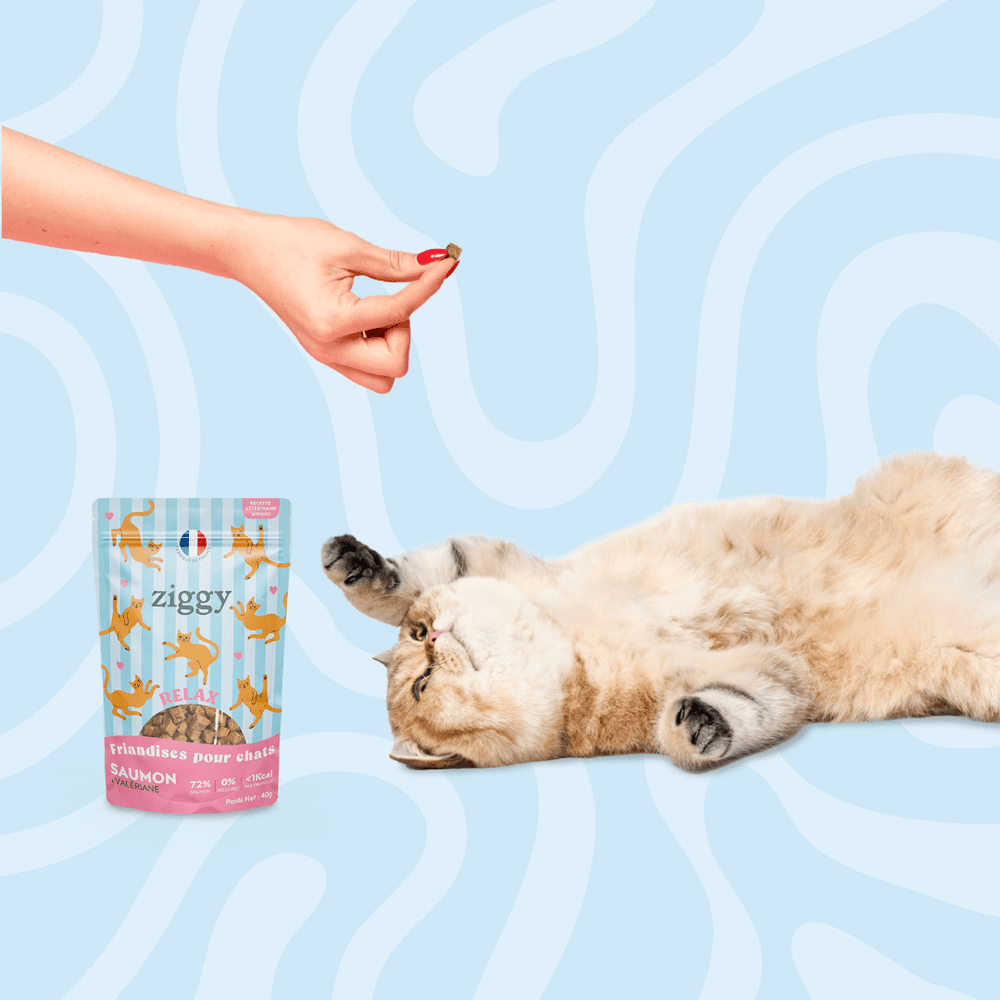

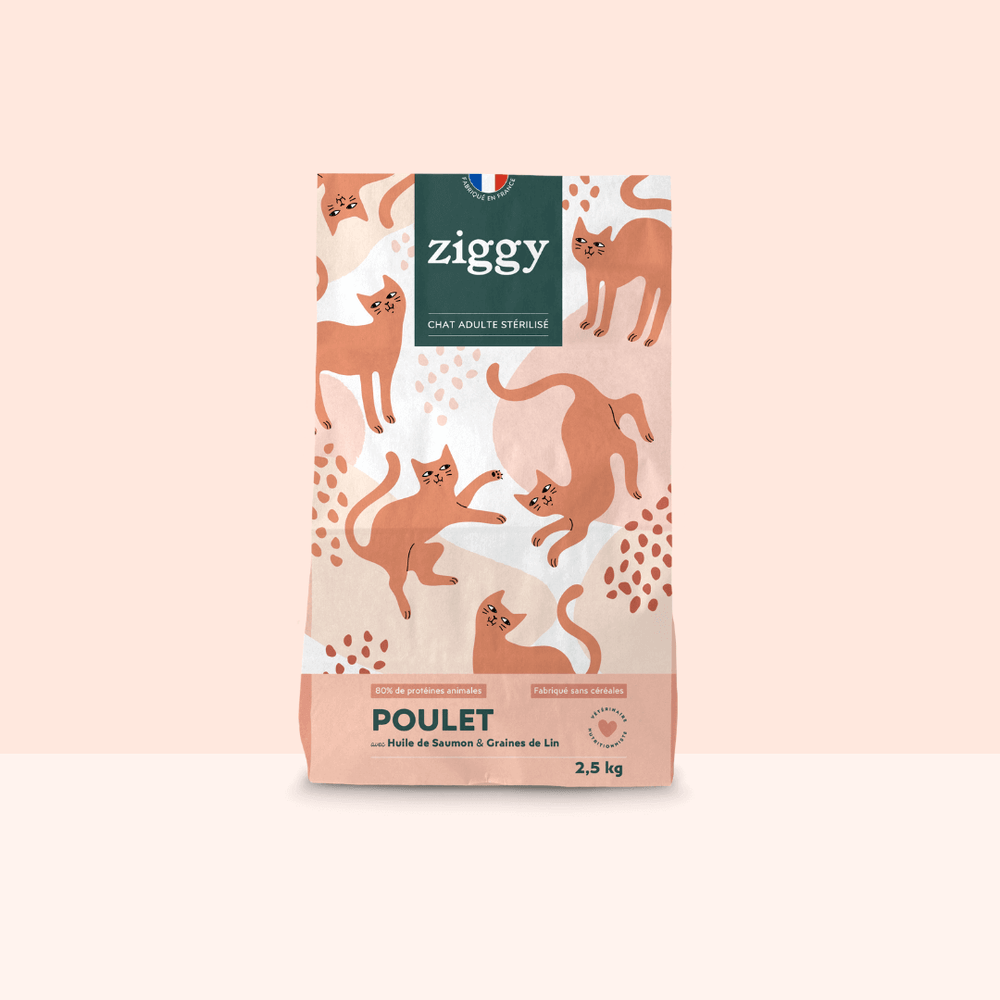

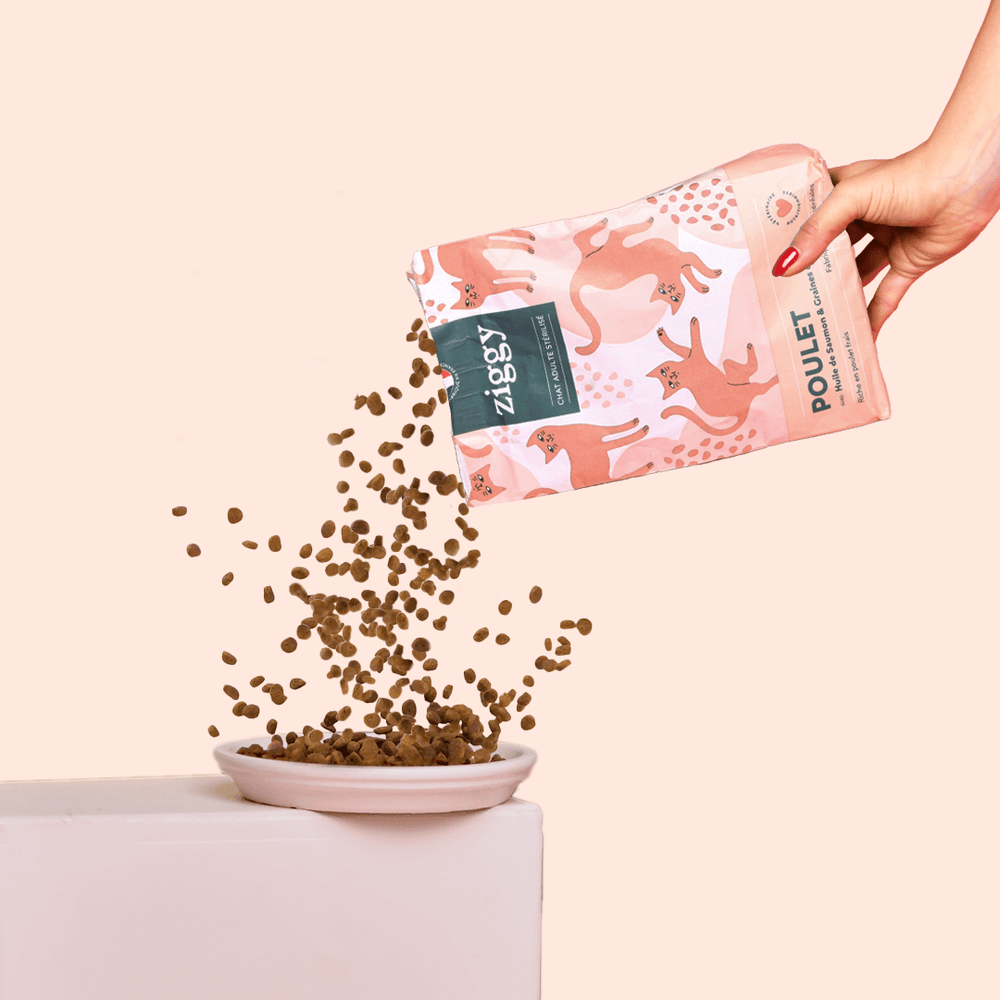
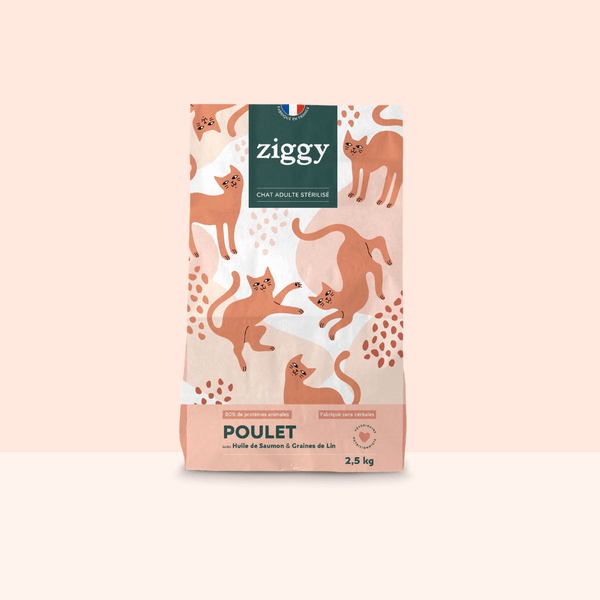

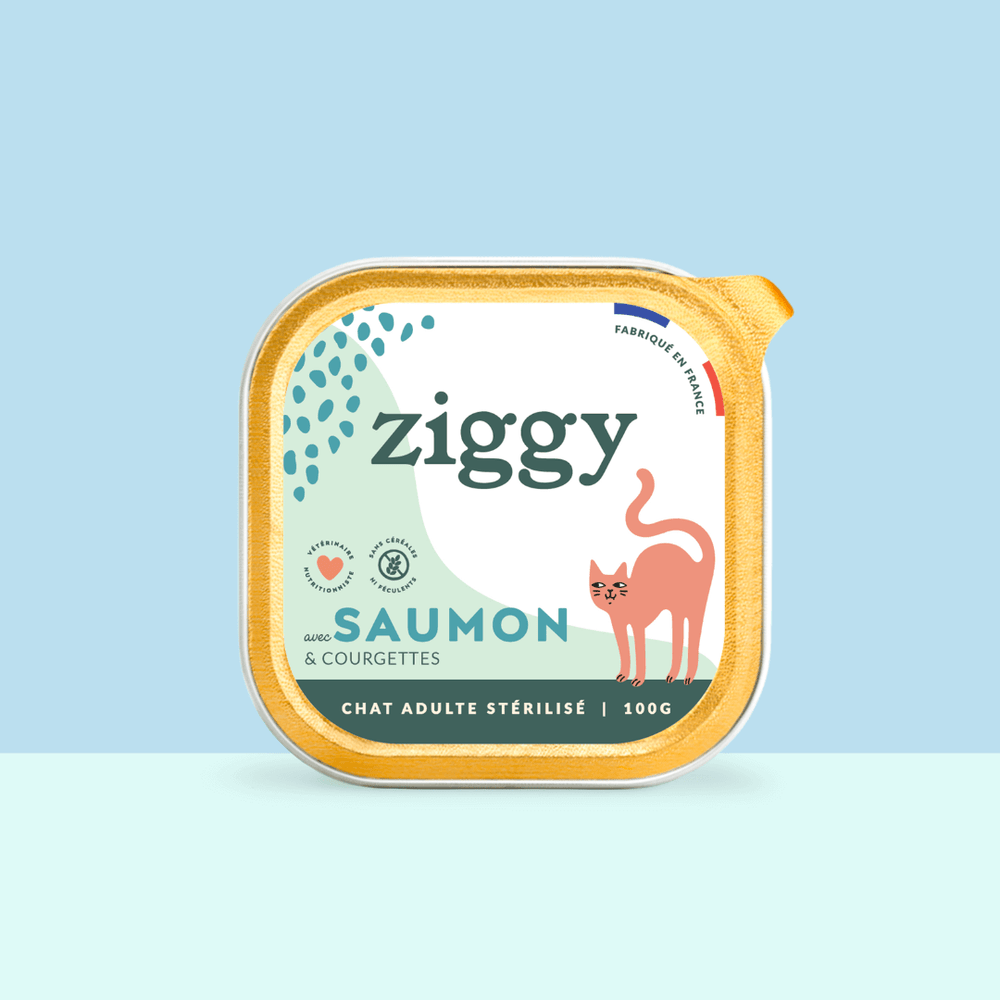







Leave a comment